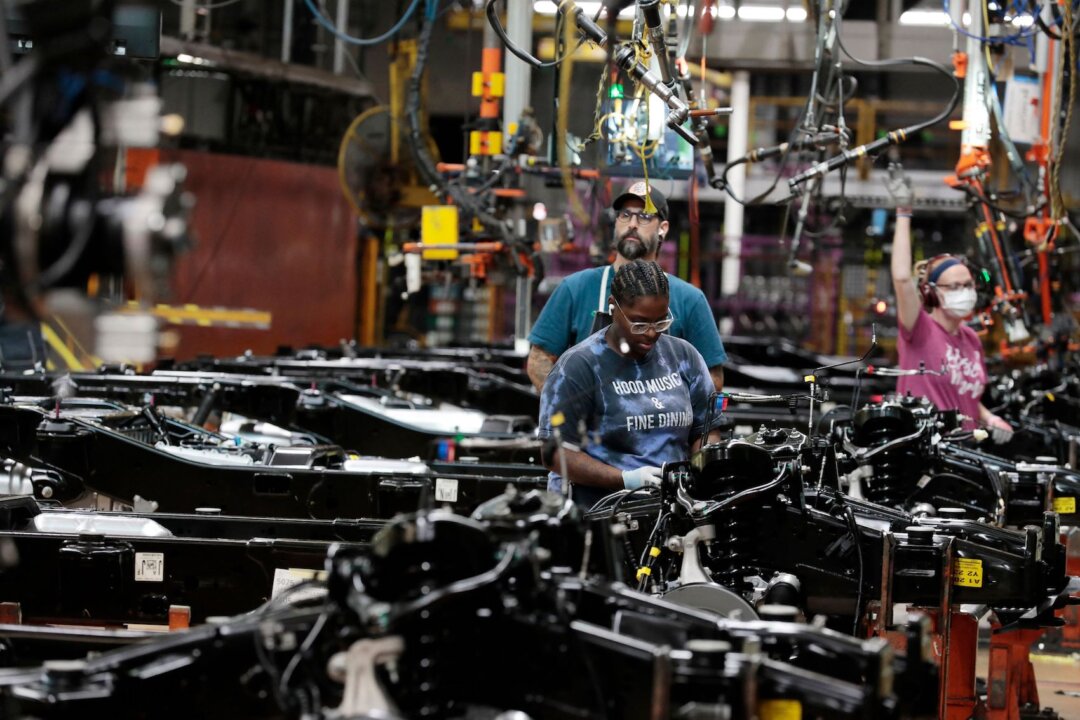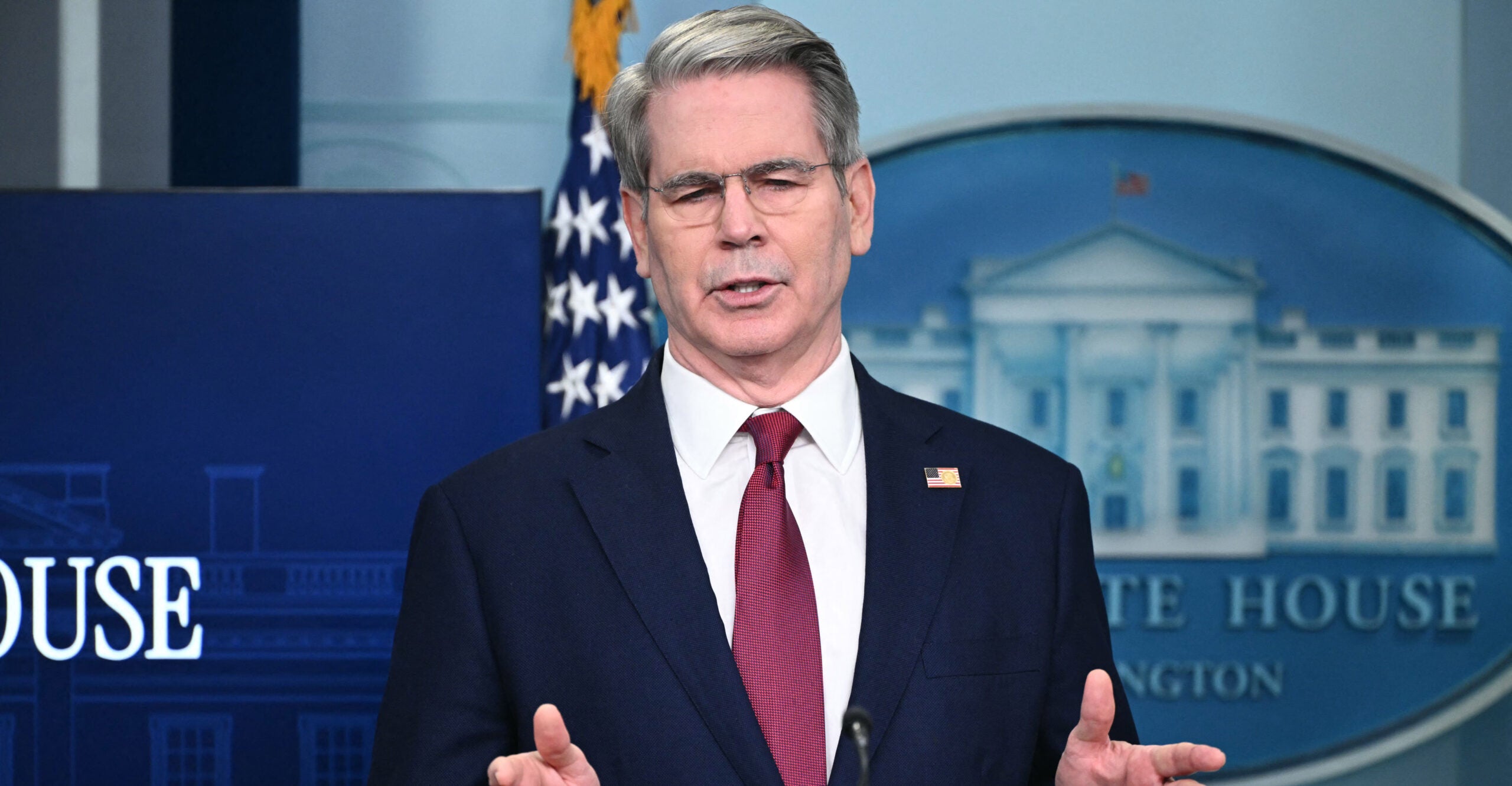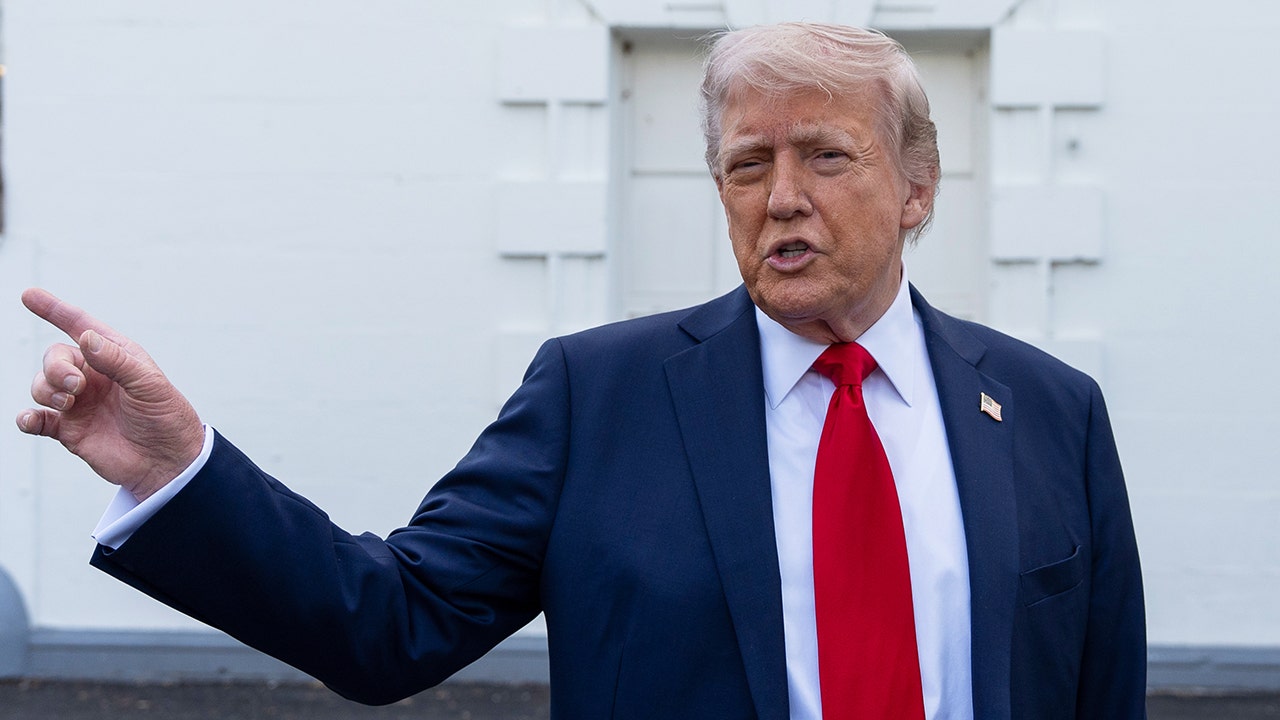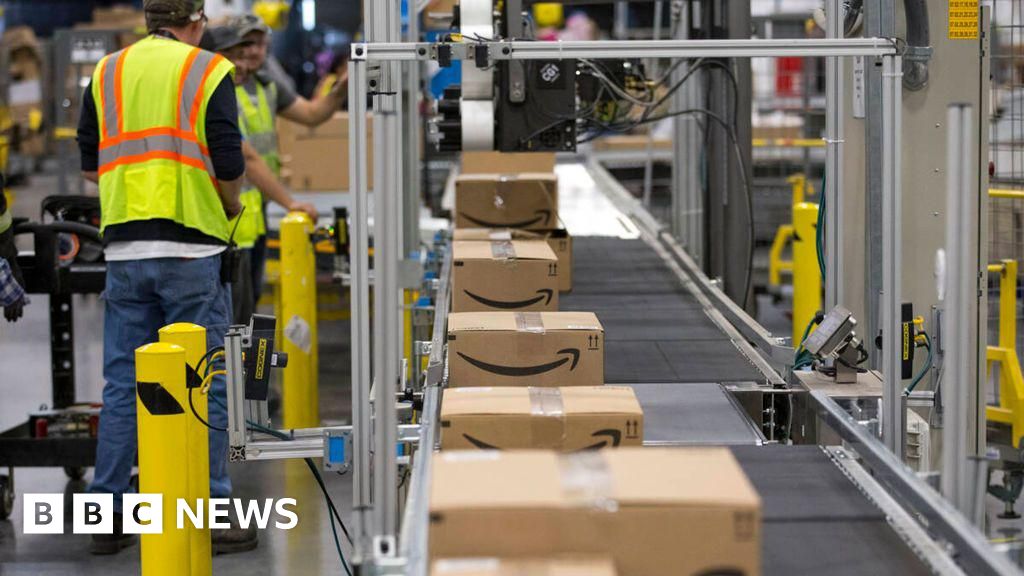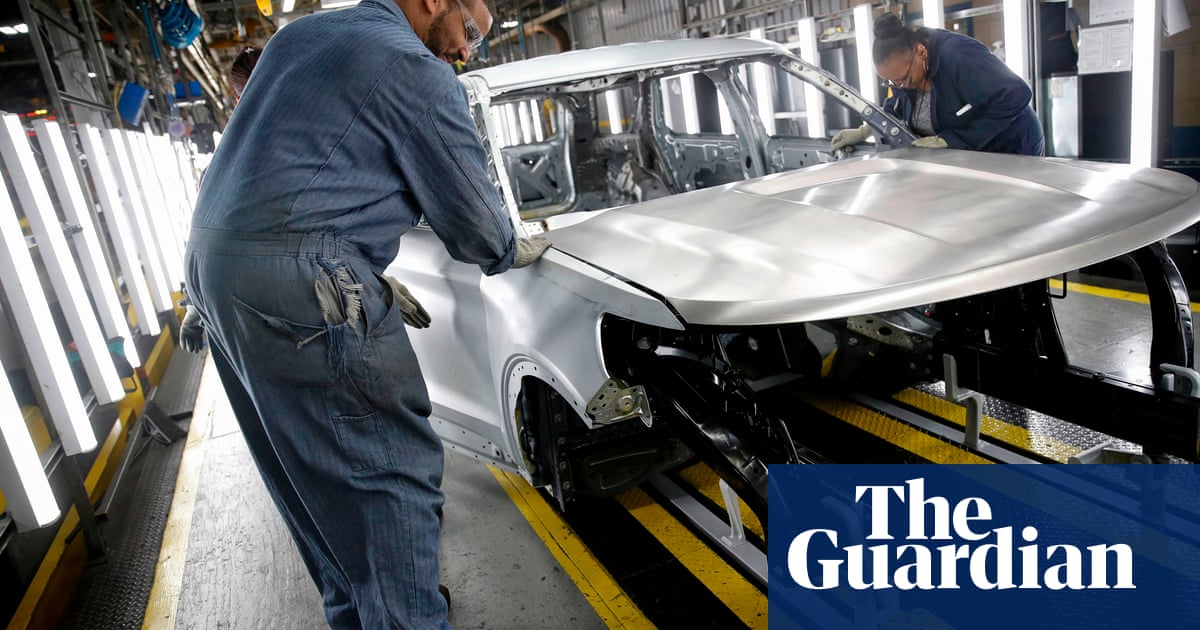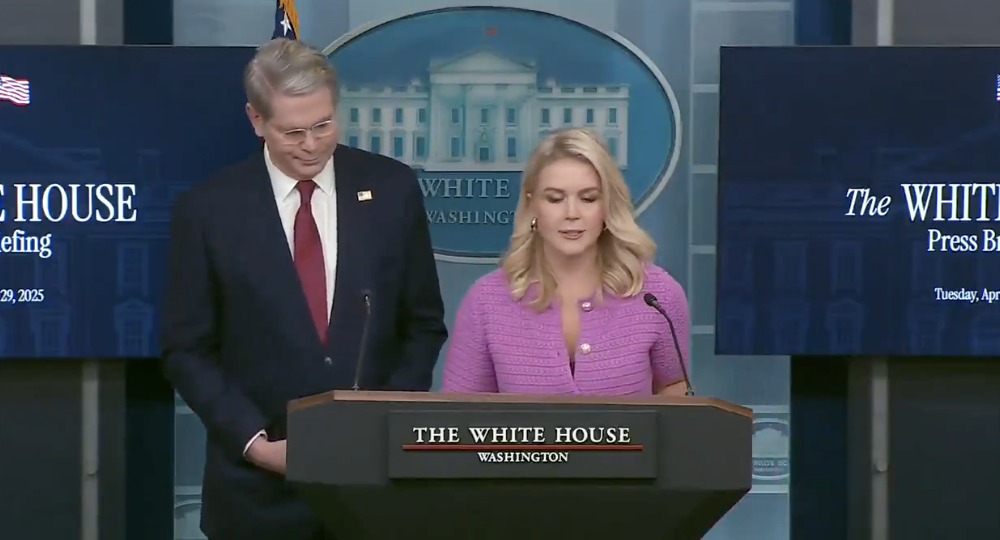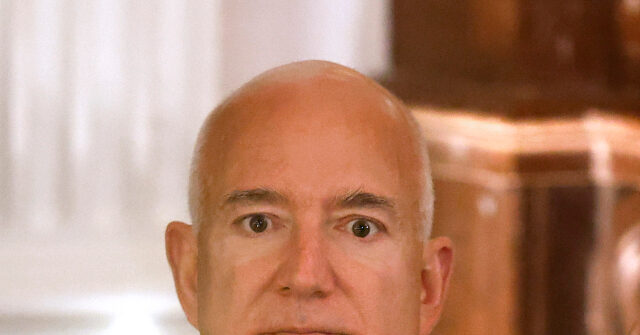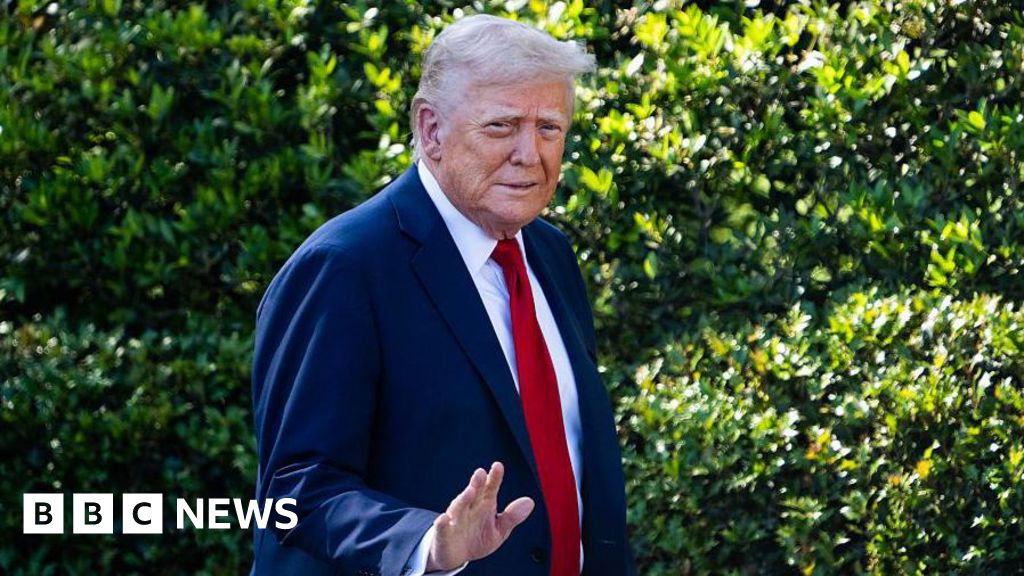Trump Eases Auto Tariffs Amid Industry Concerns and Job Growth Goals
President Trump will sign an executive order to relax some tariffs on autos and parts, aiming to support U.S. manufacturing and job creation.
Subscribe to unlock this story
We really don't like cutting you off, but you've reached your monthly limit. At just $5/month, subscriptions are how we keep this project going. Start your free 7-day trial today!
Get StartedHave an account? Sign in
Overview
In a significant policy shift, President Trump is set to sign an executive order today easing certain tariffs on U.S. auto manufacturers, leaving the existing 25% tariffs on imported vehicles intact while preventing additional tariffs on parts. The plan offers domestic automakers reimbursements of 3.75% on U.S.-made cars in the first year, and 2.5% in the second year. This move, touted as vital for job creation and strengthening the American auto industry, has received support from industry leaders like GM’s Mary Barra and Stellantis Chairman John Elkann, though concerns about overall price increases remain.
Report issue

Read both sides in 5 minutes each day
Analysis
- President Trump is set to ease tariffs on US automakers, signaling a shift towards supporting domestic manufacturing and mitigating the financial impact of high tariffs on the industry.
- The new tariff structure will allow some reimbursement for imported auto parts, which is intended to help both automakers and consumers by preventing overwhelming price increases.
- The automotive industry has voiced concerns about the high tariff rates, as they may lead to increased vehicle prices and lower sales, prompting a balance between supporting domestic production and protecting consumer interests.
Articles (24)
Center (12)
FAQ
Automakers will be reimbursed for tariffs up to 3.75% of a U.S.-made car's value in the first year. This reimbursement decreases to 2.5% in the second year before being completely phased out.
The primary goal is to boost domestic manufacturing by incentivizing automakers to bring their supply chains back to the U.S., thereby creating jobs and supporting American workers.
By alleviating some of the financial pressure from tariffs, U.S. automakers might avoid passing increased costs to consumers, potentially stabilizing car sales and preventing job losses.
US automakers will no longer have to pay additional tariffs on steel and aluminum in addition to the blanket 25% tariff on foreign-made cars and parts.
History
- 6M

 4 articles
4 articles
- 6M

 3 articles
3 articles
